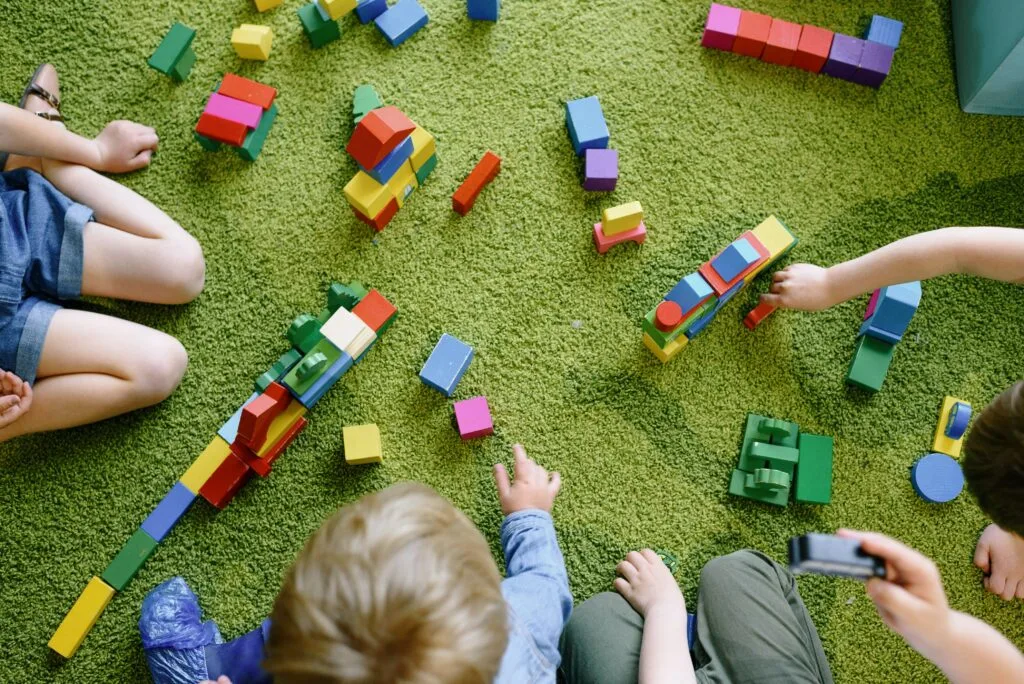When it comes to the world of early childhood special education, there’s one element that shines brightly as both a tool and a therapy: play. While the importance of play is recognized universally in childhood development, the role of play in special education is even more pivotal. In this post, we’ll explore the world of play and its transformative impact on young children in special education.

Play as a Natural Learning Mechanism
Children, by nature, are curious beings. They seek to understand the world around them and play serves as their primary mode of exploration. Through play, children experiment with concepts, develop motor skills, and process emotions. In early childhood special education, tapping into this inherent mechanism can provide both educators and therapists with a powerful tool. Why? Because play isn’t just about fun; it’s about discovery, making it an innate learning pathway.
Tactile Play and Sensory Processing
For many children with special needs, sensory processing can be a challenge. The world can sometimes feel too loud, too bright, or simply overwhelming. Enter tactile play: activities that engage the sense of touch, such as molding clay, playing with water beads, or feeling different textures. These activities can help children discern different sensations, building their sensory tolerance and understanding. It’s not just about the physical touch; it’s about equipping them to better navigate the environment.
Imaginative Play and Social Skills
Children with developmental delays or social challenges can often find it hard to relate to peers or understand social cues. Imaginative play, where children create scenarios, take on roles, and interact in pretend settings, offers them a safe space to practice these skills. By being a doctor, a teacher, or even a dragon, they’re not just imagining – they’re developing empathy, understanding roles, and honing interaction techniques.
Structured Play and Cognitive Development
While free play holds immense value, there’s also room for structured play in special education. Games with rules, puzzles that require problem-solving, and activities that require sequencing can help children develop their cognitive abilities. Think of it as a fun classroom where the game becomes the teacher, guiding children through challenges that sharpen their minds.
Emotional Expression and Play
It’s not just the cognitive and social facets of a child’s development that benefit from play. Emotional expression is a vital part of childhood, and for those in special education, play becomes an outlet for feelings that might otherwise be difficult to articulate.
Through activities like puppetry, art, or even simple games, children can express happiness, frustration, fear, and more. For a child who may struggle with verbal communication, a drawn picture or the actions of a toy can speak volumes.
The Educator’s Role in Play-Based Learning
Special educators possess the unique responsibility of weaving play into learning. Their understanding of each child’s needs allows them to tailor play activities that cater to individual challenges. They observe, guide, and sometimes join in the play, ensuring that the child remains engaged and benefits maximally. This symbiotic relationship between play and special education creates a nurturing environment where learning meets fun.
Play, in its many forms, holds the potential to unlock doors for young children in special education. By aligning their natural inclination towards play with tailored educational strategies, we provide them with a foundation that’s robust yet flexible.
